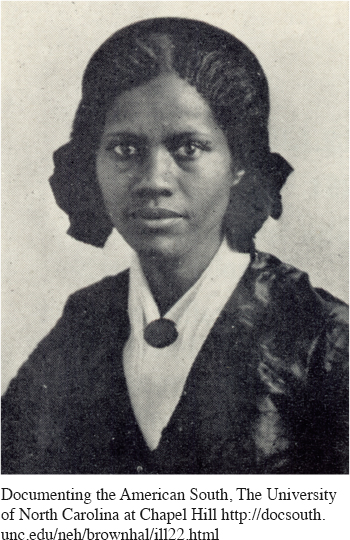The Struggle for Universal Suffrage
In February 1869, Congress passed the Fifteenth Amendment to protect black male suffrage, which had initially been guaranteed by the Military Reconstruction Acts. A compromise between moderate and Radical Republicans, the amendment prohibited voting discrimination based on race, but it did not deny states the power to impose qualifications based on literacy, payment of taxes, moral character, or any other standard that did not directly relate to race. Subsequently, the wording of the amendment provided loopholes for white leaders to disfranchise African Americans. The amendment did, however, cover the entire nation, including the North, where states like Connecticut, Kansas, Michigan, New York, Ohio, and Wisconsin still excluded blacks from voting.
The Fifteenth Amendment sparked serious conflicts not only within the South but also among old abolitionist allies. The American Anti-Slavery Society disbanded with emancipation, but many members believed that important work remained to be done to guarantee the rights of freedpeople. They formed the American Equal Rights Association immediately following the war, but members divided over the Fifteenth Amendment.
Some women’s rights advocates, including Elizabeth Cady Stanton and Susan B. Anthony, had earlier objected to the Fourteenth Amendment because it inserted the word male into the Constitution for the first time when describing citizens. Although they had supported abolition before the war, Stanton and Anthony worried that postwar policies intended to enhance the rights of southern black men would further limit the rights of women. Some African American activists also voiced concern. At a meeting of the Equal Rights Association in 1867, Sojourner Truth noted, “There is quite a stir about colored men getting their rights, but not a word about colored women.”

The Fifteenth Amendment ignored women. At the 1869 meeting of the Equal Rights Association, differences over the measure erupted into open conflict. Stanton and Anthony denounced suffrage for black men only, and Stanton now supported her position on racial grounds. She claimed that the “dregs of China, Germany, England, Ireland, and Africa” were degrading the U.S. polity and argued that white, educated women should certainly have the same rights as immigrant and African American men. Black and white supporters of the Fifteenth Amendment, including Frances Ellen Watkins Harper, Wendell Phillips, Abby Kelley, and Frederick Douglass, denounced Stanton’s bigotry. Believing that southern black men urgently needed suffrage to protect their newly won freedom, they argued that ratification of the Fifteenth Amendment would speed progress toward the enfranchisement of black and white women.
This conflict led to the formation of competing organizations committed to women’s suffrage. The National Woman Suffrage Association, established by Stanton and Anthony, allowed only women as members and opposed ratification of the Fifteenth Amendment. The American Woman Suffrage Association, which attracted the support of women and men, white and black, supported ratification. Less than a year later, in the spring of 1870, the Fifteenth Amendment was ratified and went into effect.
Since the amendment did not grant the vote to either white or black women, women suffragists attempted to use the Fourteenth Amendment to achieve their goal. In 1875 Virginia Minor, who had been denied the ballot in Missouri, argued that the right to vote was one of the “privileges and immunities” granted to all citizens under the Fourteenth Amendment. In Minor v. Happersatt, the Supreme Court ruled against her, and women were denied national suffrage for decades thereafter.
REVIEW & RELATE
What was President Johnson’s plan for reconstruction? How were his views out of step with those of most Republicans?
What characterized congressional Reconstruction? What priorities were reflectedin congressional Reconstruction legislation?
Exploring American HistoriesPrinted Page 464
Exploring American Histories Value EditionPrinted Page 342
Chapter Timeline